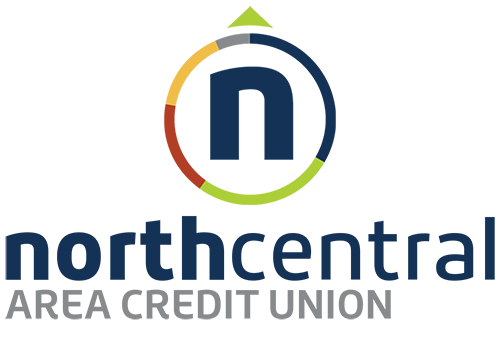October is not just about falling leaves and pumpkin spice—it’s also National Financial Planning Month!
This is your golden opportunity to review your financial standing and make positive changes, no matter how big or small. Think about where you are money-wise, then consider these steps to improve your economic well-being.
Steps To Greater Financial Freedom:

Senior woman, in a forest, happily throwing brown autumn tree leaves to the air during an excursion
Check Your Spending
Start by reviewing your monthly expenses. Are there areas where you can cut back without sacrificing your quality of life? Identify discretionary spending (money for the extras) that can be redirected toward savings or debt reduction.
Reduce Bills and Expenses
Look for ways to trim your bills. Negotiate with service providers (like your cell phone or internet commitment) for better rates, consider bundling services, and eliminate subscriptions or services you no longer need.
Eliminate Unnecessary Fees
Review your bank and credit card statements for any hidden fees. Consider a free financial review with your advisor at NCACU. We offer many fee-free or low-cost accounts and can often save in financing if you have a high-rate loan from another lender or credit card. Avoid ATM fees by using our CO-OP surcharge-free network.
Review Your Credit
Regularly monitor your credit reports to catch errors and unauthorized activity. Understanding your credit score is crucial. A higher score can lead to better interest rates and financial opportunities. During a financial review at NCACU, we can look for ways to improve your score — and get you on track to improving your score.
Understand Your Credit Score
Learn how your credit score is calculated and what factors influence it. Establish good credit habits like paying bills on time, reducing credit card balances, and avoiding new debt.
Prioritize Debt Payoff
Create a debt payoff plan. Try focusing on high-interest debts first while making minimum payments on the rest. This method helps ensure you eliminate the excessively high rates first (such as credit card debt) that cost you the most.
Also, consider Dave Ramsey’s debt snowball method, which might be more effective for your situation. Here, you pay off smaller loan balances first (regardless of rate) so you can focus on tackling the larger debt. Ramsey says, “You make minimum payments on everything but the smallest debt and attack that one with a vengeance. When that bill is paid, you move to the next smallest and repeat until you plow through all your debt.”
The advantage, says Ramsey, is that it forces you to stay intentional about paying one bill at a time until you are debt-free. “When you clear that first bill and move on to the next, you’ll see you are in charge of your money.”
Automate Your Savings
Establish regular transfers to a savings or investment account — like our Money Market options or a Christmas or Vacation Club Account. Pay yourself first by allocating a portion of your income to savings before covering expenses.
Review Insurance Policies
Evaluate your insurance needs. Have significant life changes occurred that require changes to your coverage? Shop around for better rates and consider bundling insurance policies for savings.
Review Loans, Credit Cards, and Financial Products
Examine the terms and interest rates of your loans, credit cards, and financial products. Consider refinancing or consolidating loans with lower interest options to save money.
How To Improve Your Credit Score:
Pay bills on time to build a positive payment history.
Paying your bills on time is one of the most crucial factors in building and maintaining a healthy credit score. Consistent, timely payments demonstrate your reliability to creditors and lenders, which can positively impact your credit history.
Maintain a low credit utilization ratio (credit card balance compared to credit limit).
Your credit utilization ratio, the percentage of your credit card balances relative to your credit limits, is a significant factor in your credit score calculation. Keeping this ratio low, ideally below 30%, reflects responsible credit management and can boost your credit score.
Avoid opening multiple new credit accounts in a short time.
Opening several new credit accounts quickly can signal to creditors that you may be a higher credit risk. Each new credit application results in a hard inquiry on your credit report, which can temporarily lower your score. Being selective about when and why you open new accounts can help maintain your credit score.
Keep old, positive accounts on your credit report.
The length of your credit history matters. Older, well-managed accounts can positively influence your credit score. Closing older accounts may shorten your credit history, potentially affecting your credit score negatively. It’s often wise to keep these accounts open, especially if they have a positive payment history.
Regularly check your credit report for errors and discrepancies.
Monitoring your credit report for errors or discrepancies is a responsible financial habit. Errors, such as inaccurate account information or fraudulent activity, can harm your credit score. Regularly reviewing your report allows you to identify and address issues promptly, ensuring the accuracy of your credit history.
Make A Fresh Start!
National Financial Planning Month is a reminder to take control of your financial life. Remember, it’s not about perfection; it’s about progress. Small changes today can lead to significant rewards in the future.

